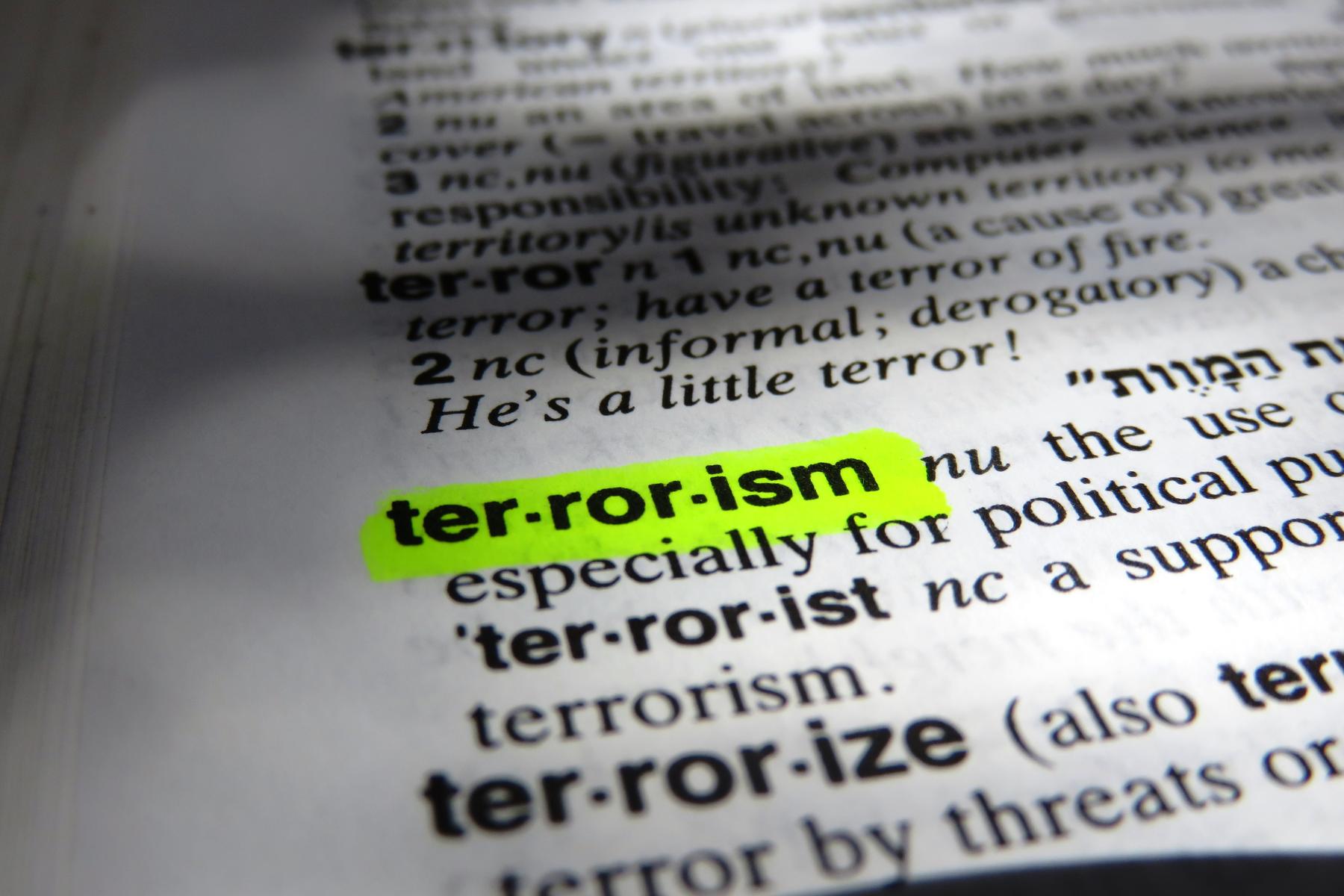International Centre for Counter-Terrorism (ICCT-The Hague) calls upon EFSAS
22-02-2019
Mr. Reinier Bergema and Mr. Faisal Khan, Project and Programme Managers at the International Centre for Counter-Terrorism, the Hague, visited the European Foundation for South Asian Studies (EFSAS) at its office in Amsterdam. Prior to the ICCT, Mr. Reinier was a strategic analyst at The Hague Centre for Strategic Studies and a Research Assistant at Leiden University’s Centre for Terrorism and Counterterrorism, whose research focuses on Dutch jihadist foreign fighters, while Mr. Khan’s professional experience and knowledge mostly lies in the field of countering violent extremism, rehabilitation and reintegration and strategic communications in light of countering terrorism.

Mr. Junaid Qureshi and Ms. Yoana Barakova (EFSAS) with Mr. Reinier Bergema and Mr. Faisal Khan (ICCT)
The representatives of ICCT and EFSAS deliberated upon growing terrorism and radicalization in the region of South Asia and further discussed the negative implications of the uncoordinated and hasty US troops withdrawal from Afghanistan and Syria, highlighting the most likely increase in violent extremism in those respective countries, altogether with the rest of the Middle East and the Indian subcontinent. In the wake of the Pulwama attack, Mr. Junaid Qureshi, Director EFSAS, emphasised on the possibility of direct confrontation between India and Pakistan, which as a consequence, would further deteriorate the already vulnerable situation in the region. Considering the gravity of the recent dreadful incident in Indian-Administered Jammu & Kashmir, both EFSAS and ICCT members agreed that the international community, including the European continent, must join forces to deescalate the growing tension in the area in order to prevent the further loss of human lives. Instead of focusing solely on its bilateral or multilateral economic relations with South Asian countries, the West must take greater responsibility in providing solutions to the inter-ethnic conflicts and radicalization of young people in the region, and therefore undertake a more comprehensive and sustainable approach in dealing with those issues, which, if not dealt with, would inevitably have irreversible consequences for the entire globe. In addition, the West must increase pressure on Pakistan to shut down its terror infrastructure.
In order to achieve those goals, both EFSAS and the representatives of ICCT agreed on exchanging valuable expertise in their respective spheres of work, while further discussing the opportunities for publishing joint research articles and policy briefs, alongside with organising joint seminars and conferences in order to raise the international level of awareness and understanding on the aforementioned grave problems, ultimately initiating an atmosphere of open dialogue and reconciliation.


